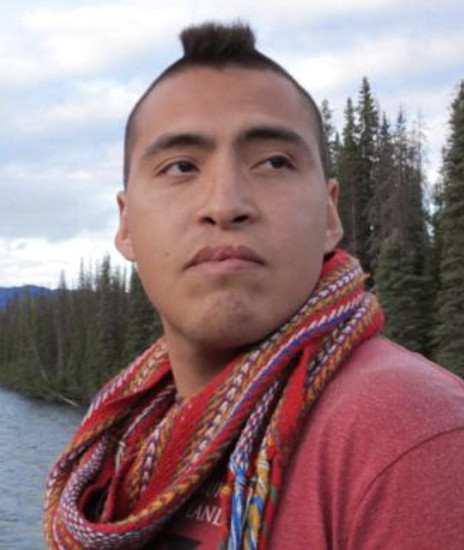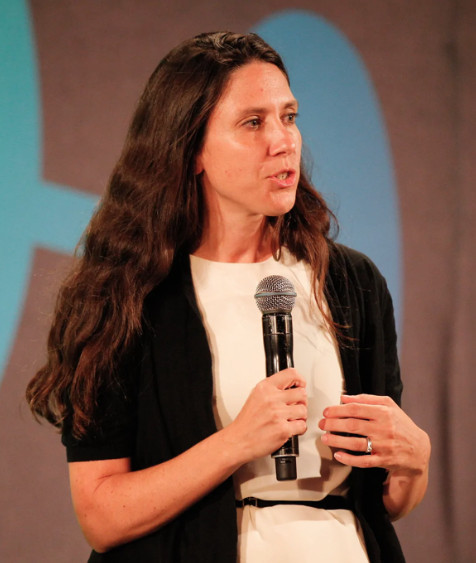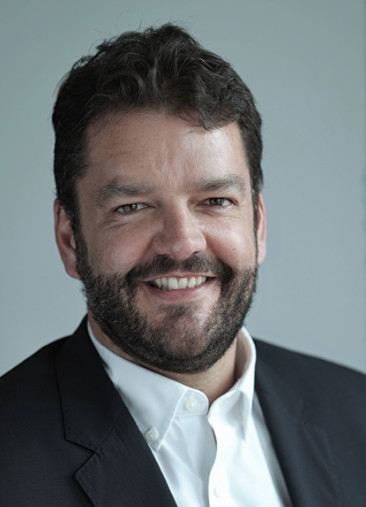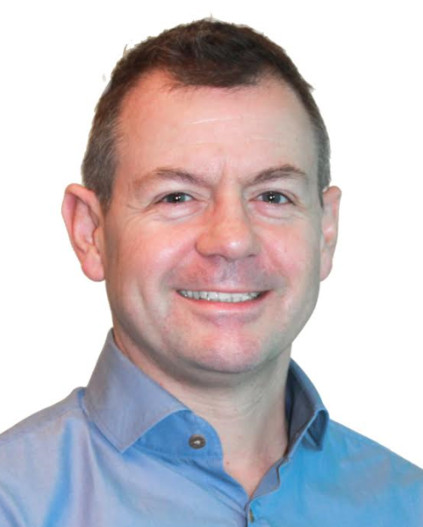Blog / Caleb Behn; Jillian Campbell; David Jensen & Steven Ramage / June 22, 2020


This week the Group on Earth Observations (GEO) is hosting an online webinar at the World Summit on the Information Society (WSIS) Forum. The dialog will draw on the expertise of those working to build a Digital Ecosystem for Earth, including the United Nations Environment Programme (UNEP), the UN Convention on Biological Diversity and will include perspectives from around the world.
A Digital Ecosystem for Earth brings together openly available Earth science data with the ongoing digital revolution to drive a transformation towards global sustainability, environmental stewardship, and human well-being. Public, private and civil society actors must take deliberate action and collaborate to build a global digital ecosystem for the planet. A digital ecosystem that mobilizes hardware, software and digital infrastructures together with data analytics to generate dynamic, real-time insights that can power decision making will help achieve collective sustainability. A digital ecosystem for Earth builds on ongoing work by the UNEP and scores of collaborators including grassroots organizations, international organizations, academics, and the private sector (for more background, read the three Medium articles: vision, 20 key priorities, 20 key processes).
In the context of the recent announcement from the United Nations' Secretary-General's High Level Panel on Digital Cooperation, this session will take place as a roundtable discussion where panelists are given the opportunity to answer questions and have a debate about what is needed to fully realize the vision and build a Digital Ecosystem for the Planet.
Speakers in the WSIS Webinar include Caleb Behn, a Legal Policy Advisor to the National Chief Assembly of First Nations (Canada), Jillian Campbell from the UN Convention on Biological Diversity and David Jensen from the United Nations Environment Programme. The Webinar will be facilitated by Steven Ramage, Head of External Relations, Group on Earth Observations.
Join us for a virtual discussion here:


About the authors

Caleb Behn, a Legal Policy Advisor to the National Chief Assembly of First Nations (Canada). Caleb is an Eh-Cho Dene and Dunne Za/Cree man living in British Columbia. He was the focus of the 2015 documentary “Fractured Land” and previously worked as a lawyer. Behn has frequently criticized the Site C dam — which, if built, would greatly impact the West Moberly First Nation, where his mother is from.

Jillian Campbell has recently joined the UN Convention on Biological Diversity where she is responsible for monitoring of the post-2020 global biodiversity framework, including national action planning. Prior to that she led the methodological work on the Sustainable Development Goal (SDG) indicators under UN Environment Programme (UNEP) custodianship and coordinated UNEP’s work on environment statistics capacity building. In order to improve the compilation of environmental data and the use of environmental data and information for analysis she has been actively working to elaborate how a digital ecosystem for the environment could be achieved, including through new techniques and data sources (such as citizen science data, satellite data, etc.).
Before joining UN Environment (UNEP) in 2015 she was Programme Officer and Statistician at the UN Economic and Social Commission for Asia-Pacific (UN ESCAP) based in Bangkok (Thailand) and in Suva (Fiji) where she worked on environment statistics and environmental-economic accounting, her work at UN ESCAP included designing and implementing capacity building activities with a focus on the System of Environmental Economic Accounting (SEEA) and managing the production of the ESCAP Statistical Yearbook for Asia and the Pacific. Prior to her work in the Asia-Pacific region she was based in the UN Statistics Division of DESA in New York where she worked on economic statistics and national accounts.

David works as the head of policy and innovation for Crisis Management Branch of the UN Environment Programme. He focuses on environmental security and peacebuilding dynamics, with increasing attention on climate change risks. In particular, he studies how natural resources contribute to local conflicts, how they fund armed groups, how they are damaged during armed warfare and how they can support peacebuilding efforts. He is the co-editor of the environmental peacebuilding knowledge platform and one of the key faculty for the Massive Open Online Course (MOOC) on Environmental Security and Sustaining Peace on the SDG Academy and edX. A summary of his key peacebuilding publications is available here.
Since 2016, David has been pioneering efforts to identify environmental applications of frontier technologies in conflict-affected countries and fragile states, including big data, cloud computing, artificial intelligence, the internet of things, block chain, virtual reality, and citizen science. He has been advising the UN Science Policy Business Forum on these topics since 2018 and was the co-author of a flagship discussion paper entitled The Case for a Digital Ecosystem for the Environment as well as a series of articles on Medium on a digital ecosystem for the planet: Promise and Peril of a Digital Ecosystem for the Planet, Top 20 Priorities and Top 20 Multi-stakeholder Processes.
David holds an MSc in Biology from Oxford University (UK) and an undergraduate degree in Geography from the University of Victoria (Canada). He is an Alumnus of the Peace Mediation Platform (Swiss Federal Department of Foreign Affairs) and a Beahrs’ Environmental Leadership Fellow at the University of California, Berkeley. He was also certified as a Project Management Professional (PMP).

Since 2016 Steven Ramage has been leading global stakeholder engagement and external relations for the Group on Earth Observations (GEO), an intergovernmental partnership promoting the value and usefulness of Earth observations (EO) for research, policy, decisions and action. GEO works on behalf of more than 100 UN Member States to highlight the role of EO to provide insights and actionable information for the Sendai Framework, the Paris Agreement and the UN 2030 Agenda; with a focus on open data access, sharing, policies and use. Steven worked in the private sector for 20 years before he started consulting to the World Bank and the United Nations in 2012. He was an owner/director of 1Spatial before taking on a role as Executive Director of the Open Geospatial Consortium (OGC), and then more recently, Managing Director of Ordnance Survey International. Steven is Visiting Professor at the Institute for Future Cities, University of Strathclyde, Glasgow and SASNet Fellow at the Urban Big Data Centre at the University of Glasgow, Scotland. He’s also a Visiting Lecturer at the University of Geneva, Institute of Environmental Sustainability (IES) in Switzerland, a Member of the OGC Global Advisory Council and a Fellow of the Royal Geographical Society (RGS). He tweets as @steven_ramage
Thank you for your subscription to the GEO Week 2019 mailing list.